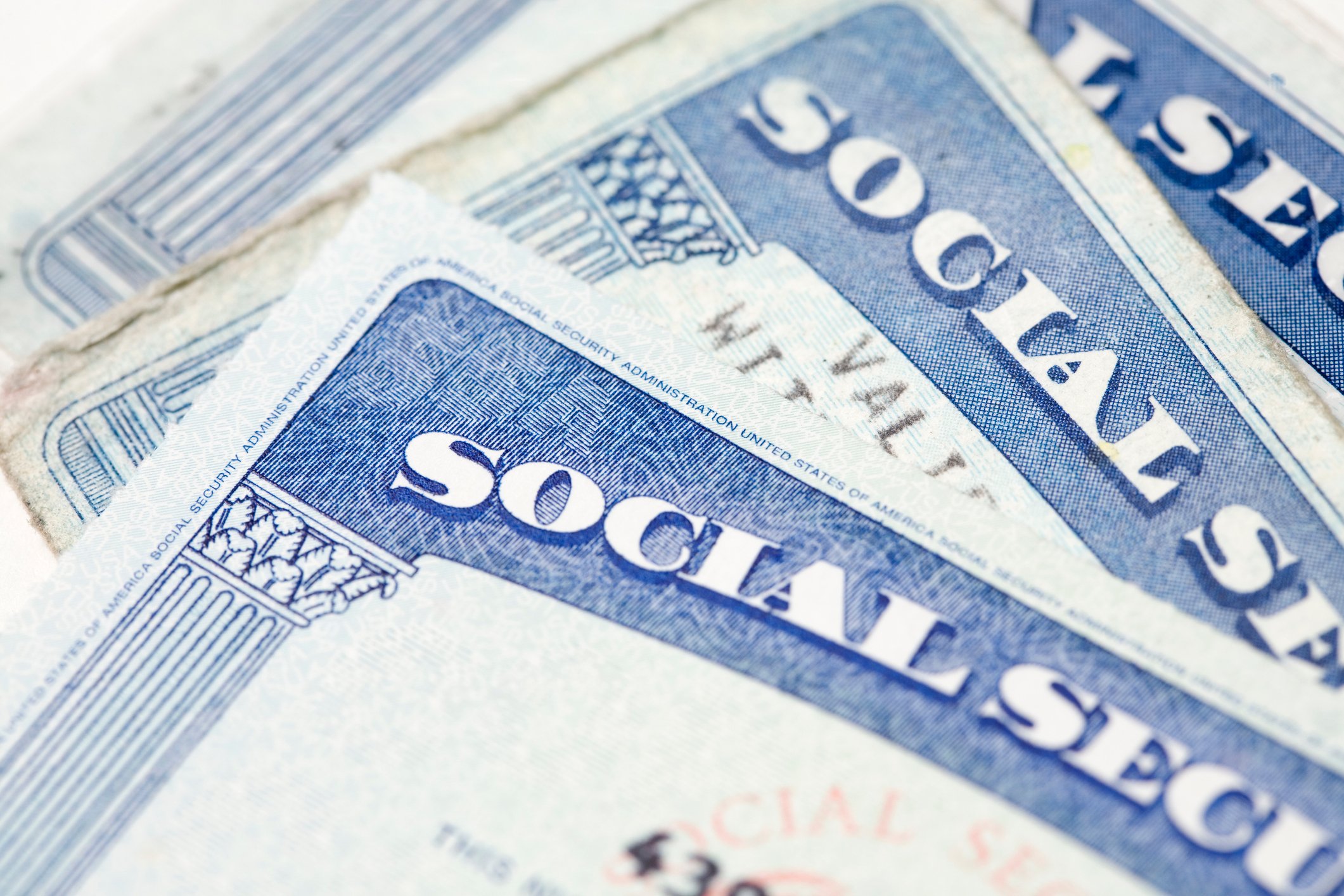Filing taxes is a pretty stressful prospect. Throw in the notion of an audit, and it's no wonder so many taxpayers find the filing process overwhelming and daunting.
The good news on the audit front is that overall, your chances of getting picked for one are pretty low, since less than 1% of all tax returns are audited each year. That said, it pays to do what you can to stay off the IRS audit list, and that means avoiding the following moves that can increase your risk.
1. Not reporting side income
If you're a salaried employee, you're no doubt aware that you're required to file your W-2 as part of your tax return, which means there's no hiding the income you earned from your main job from the IRS. But if you earned income on the side, whether from a freelance gig or by collecting interest in a bank account, you're required to report it to the IRS, as well. Fail to do so, and you could wind up on the wrong end of an audit.

IMAGE SOURCE: GETTY IMAGES.
How will the IRS know that you collected that income? When you earn interest income, investment income, or freelance income, you get a 1099 form listing what that amount is. The IRS gets copies of 1099s, as well, so if it sees information you're not sharing, there's a good chance your return will get questioned.
2. Not filing electronically
Some people prefer to file their taxes on paper rather than submit an electronic return. Call it fear of technology or a preference for going old school, but either way, know that if you do your taxes on paper, you have a much higher chance of making a mistake and getting audited as a result.
The error rate for paper returns is 21%, or so reports the IRS, whereas it's less than 1% for electronic returns. Not only can filing electronically help you avoid mistakes but it can also get you your refund faster if you're due money back.
3. Claiming too many round-number business expenses
If you're self-employed and incur out-of-pocket costs in the course of doing business, you're allowed to claim those deductions on your Schedule C. Ideally, you should always retain receipts for the items you purchase so that you know exactly what amounts to list on your taxes. If you don't have that information, you might be tempted to guess at those figures and round to numbers that sound convenient. For example, if you think you spent somewhere between $775 and $800 on a certain piece of equipment, you might just list the expense as $800 and call it a day.
Bad move. Numbers that look too clean can raise suspicions at the IRS, and guessing at deductions could get you into trouble if your return is audited and you don't have proof of your claims. A better bet, therefore, is to comb through your bank or credit card statements and aim to nail down those figures precisely. And if you really can't find a record of a given item, call up the merchant you bought it from and ask for that information.
Though your chances of getting audited are statistically low, you don't want to make the mistake of upping your odds of having your return flagged. Therefore, be sure to avoid these blunders. They could end up causing you quite the headache if you're forced to deal with the IRS down the line.





